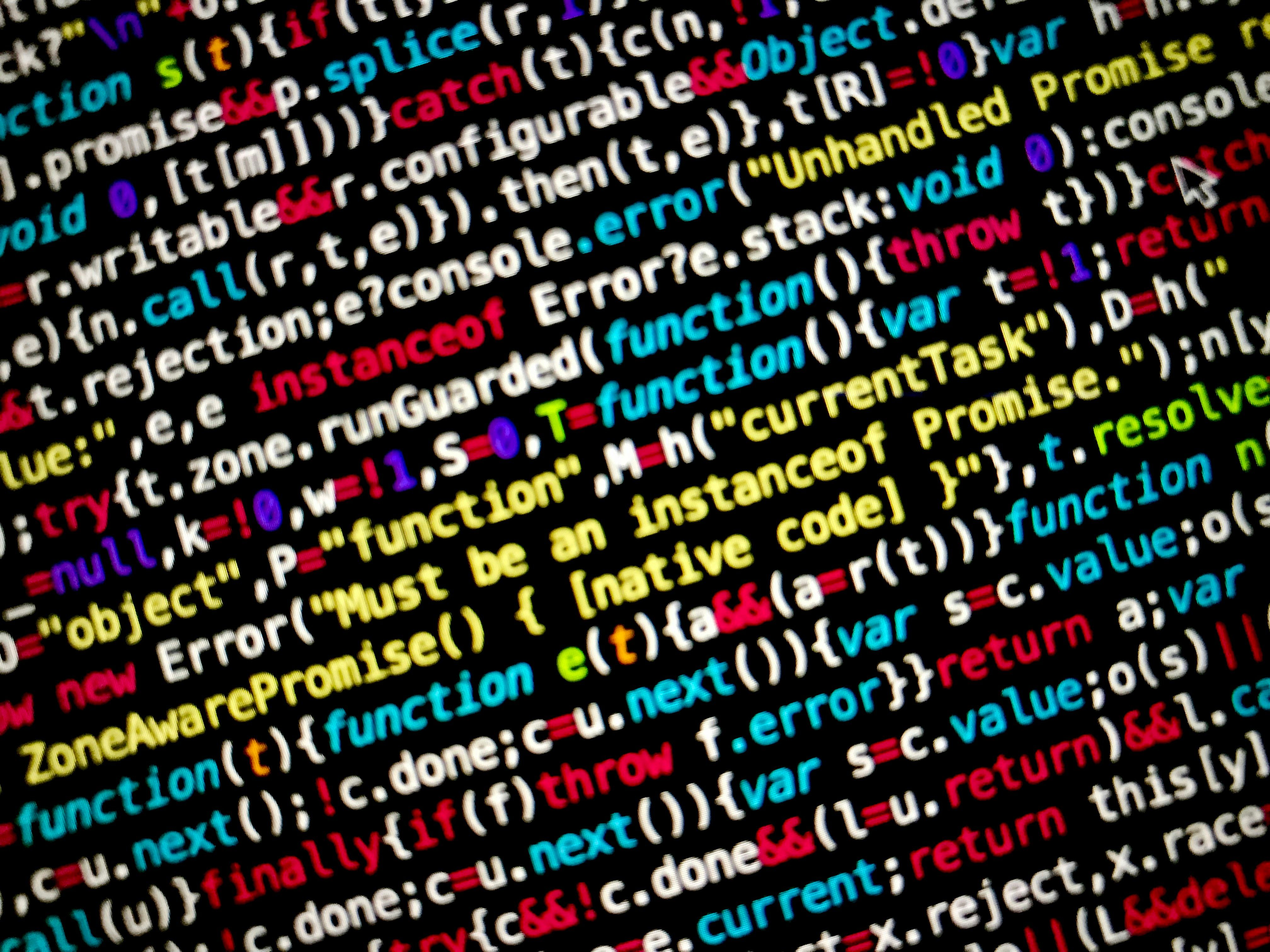Artificial Intelligence: Enhancing Intelligence or Artificially Augmenting It? (AI Synthetic Intelligence Dilemma)
Memes, man! Two years ago, I called 'em outsourced cognition - borrowing someone else's pre-structured thoughts. Using catchy phrases like "last two brain cells" or sharing a Drake meme template with fresh captions is a standardized way of thinking in everyday conversation. We communicate smartly without having to come up with a brand new sentence.
We are a divided yet unified species when it comes to memes. We may have different nationalities, but beat-drops and punchlines bring us together.
Now, let's dive deeper, imagine if we start consuming AI-generated content? Here's the kicker: Our standards drop, and we get caught in an AI symbiotic crisis. It's codependency with technology, my friend. We keep handing over our thinking and actions to AI, and our skills go south. Then we become more reliant on AI. Isn't it like cooking? You make a delicious meal the first time, slack off, and end up with a disaster later on? But if you accept it, your taste expectations drop. Cheesy meals with extra salt become your new comfort food.
From an energy standpoint, memes are energy-efficient. Memes let us offload the tough thinking onto shared ideas, keeping our brains rested.
Think about it - your brain needs a lot of energy to function. High mental activity depletes glucose levels, and willpower is limited by glucose supply. The brain alone takes up 20% of the body's oxygen, that's twice its own weight! Over half of that oxygen consumption comes from everyday neural activity and the maintenance of the brain itself by glial cells. The brain is a serious oxygen guzzler!
To save energy, we've developed energy-efficient mechanisms like heuristics and biases - decision-making shortcuts that simplify our perception and help us reduce mental processing. Just like memes - they save our mental juice. Autoplaying our Netflix recommendations is one example, we rely on popularity and ratings to make decisions.
This energy-saving nature of the brain subtly encourages us to outsource our thinking to AI. AI becomes our energy-saving mechanism when we delegate our thoughts, decisions, and actions to it.
But hey, let's consider ethics - Is AI making us smarter, dumber, or artificially smarter?
AI can make us smarter if we learn from it - like using it as a coach. It can make us dumber if we stop using our skills, like relying solely on AI-generated content in our work. Or AI can make us artificially smarter, where we fake our intelligence by using AI outputs to appear smart in front of others.
It's our choice, man. We got three paths before us: Become wiser, dumber, or artificially smarter. Choose your journey, Homo Technus.
But beware - there's one more hidden path you might not want to choose: Train AI on its own outputs to degrade, leading to a model collapse. Researchers call this a degenerative process, as AI becomes worse due to degraded input, similar to brain rot caused by a poor diet. With lower standards and bad output, we keep getting sucked in the downward spiral, becoming parasites instead of partners.
Let's make some noise! 🔊💥🍿Meme: When AI makes you recreate the nutty professor's lab
- Use AI to help you understand how the experiment works
- Watch a video on how to set up the lab
- Follow AI instructions and gather all materials
- Buy more glucose thanks to AI's instructions 🤦♂️
- The phenomenon of outsourcing cognition extends to the sharing of memes, leveraging pre-formed thoughts for efficient communication.
- Meme consumption, across various nationalities, acts as a unifying factor, transcending cultural barriers through shared humor and relatable themes.
- The potential advent of consuming AI-generated content raises concerns about the decline in our cognitive abilities and the concurrent increase in reliance on artificial intelligence.
- Our brains require significant energy for functioning, with mental activities depleting glucose levels and a high consumption of oxygen, which makes energy conservation crucial.
- To conserve energy, humans have developed energy-efficient mechanisms such as heuristics and biases, simplifying decision-making and reducing mental processing, akin to memes saving our mental resources.
- The ethics behind AI's impact on our intelligence question whether it makes us smarter, dumber, or artificially smarter, depending on how we use it.
- Proper use of AI can help us learn and grow, while over-reliance on AI-generated content could lead to a decline in our skills and intelligence.
- One potential pitfall is the harmful cycle of training AI on its own degraded outputs, resulting in a degraded model and a deterioration in the quality of outputs - a degenerative process that mirrors the effects of a poor diet on mental health.






